Does MCV (Mean Corpuscular Volume) Fluctuate

Yes, MCV, or mean corpuscular volume, can change for several reasons. MCV measures the average size of red blood cells, helping doctors diagnose and monitor anemia and other blood conditions. Here are some factors that can cause MCV to fluctuate:
Diet and Nutrition:
What you eat affects your MCV. For instance, if you lack vitamins like B12 and folate, your MCV might go up, making your red blood cells larger (microcytosis). On the other hand, if you don’t get enough iron, your MCV could drop, making the cells smaller (microcytosis).
Hydration Levels:
How much water you drink impacts your MCV. Dehydration can make MCV appear higher because there’s less plasma in your blood, concentrating the red blood cells. Drinking too much water can have the opposite effect, diluting the blood and lowering MCV.
Alcohol Use:
Drinking alcohol regularly can increase your MCV. Alcohol can damage the bone marrow where red blood cells are made, leading to larger cells.
Medications:
Some medicines can change your MCV. Drugs like antiretroviral for HIV and chemotherapy for cancer can affect the size of your red blood cells, making MCV go up or down.
Health Conditions:
Various health problems can alter MCV levels. For example, liver disease can cause an increase in MCV, while issues with the bone marrow might cause changes in either direction. Thyroid problems can also affect your red blood cells' size.
Illness:
When you’re sick, your MCV might change temporarily. Your body’s response to stress or infection can cause these fluctuations.
Lab Differences:
MCV readings can also vary because of differences in lab techniques, equipment, and the timing of your blood test. Small variations might just be due to how the test was done.
Because of these many factors, doctors look at the overall trend in your MCV levels rather than a single reading. This helps them understand your health better and make more accurate diagnoses.
To put it simply, MCV is an important measure but can change for many reasons. It helps to look at your diet, hydration, alcohol use, medications, health conditions, recent illnesses, and even how the test was conducted to understand why your MCV might be fluctuating. Monitoring MCV over time gives a clearer picture of your health.
Frequently Asked Questions
Q:1. What is a normal MCV range?
A: The normal MCV range for adults is usually between 80 to 100 femtoliters. However, this can slightly vary depending on the lab.
Q:2. Can dehydration really affect my MCV?
A: Yes, dehydration can make your MCV seem higher because there’s less liquid in your blood, which concentrates the red blood cells.
Q:3. How does alcohol affect my MCV?
A: Drinking a lot of alcohol can damage your bone marrow, making your red blood cells larger and increasing your MCV.
Q:4. Should I be worried if my MCV is high?
A: A high MCV can mean various things, like vitamin B12 or folate deficiency, liver disease, or alcohol use. It’s best to talk to your doctor to find out the exact cause.
Q:5. Can my medications change my MCV?
A: Yes, certain medications, such as those for HIV and chemotherapy, can increase your MCV because they affect how red blood cells are made.
Related Blogs
-
PSA Test (पीएसए टेस्ट) - What Is It, Cost, Symptoms, And How Does It Work?
 - What Is It, Cost, Symptoms, And How Does It Work.jpg)
-
How to Lower Thyroid Antibodies Naturally and Manage Thyroid Peroxidase Antibodies?

-
RDW (Red Cell Distribution Width) Test: Understanding It's Significance And Interpretation
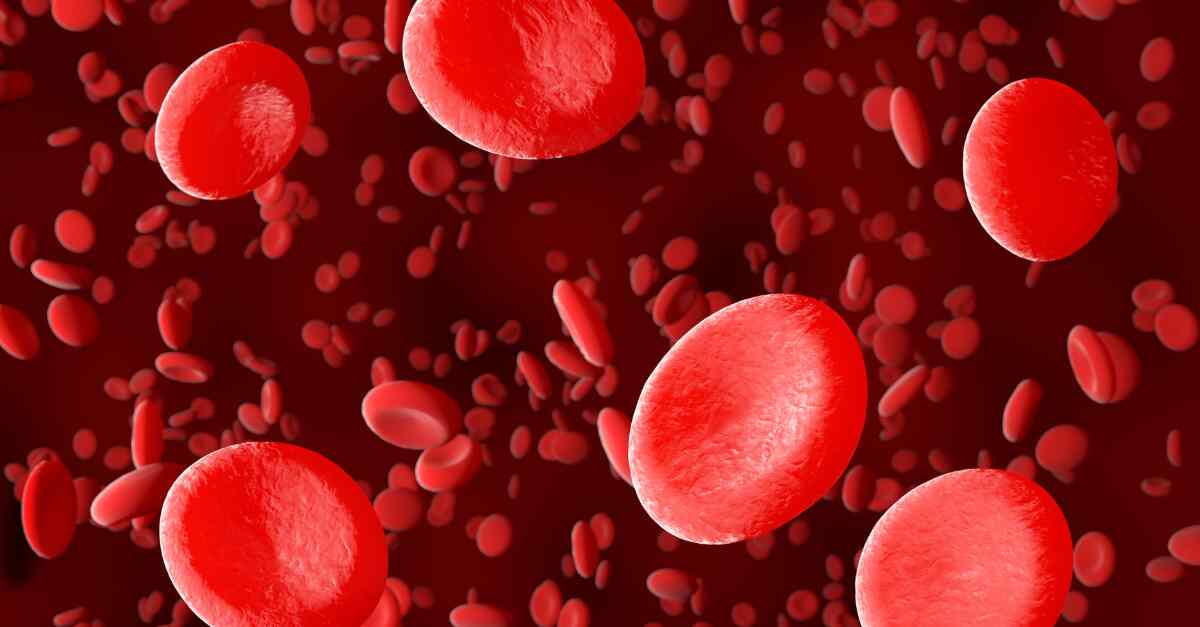
-
Marvel Path Lab - Your Trusted Partner in Comprehensive Blood Testing

-
थायराइड क्या है? थायराइड के कारण, लक्षण और प्रभावी घरेलू उपचार (Home Remedies For Thyroid in Hindi)
.jpg)
-
Discover the Ultimate Liver Detox: Top 15 Foods to Naturally Cleanse Your Liver

-
The Ultimate Guide to Understanding MCV in Blood Tests
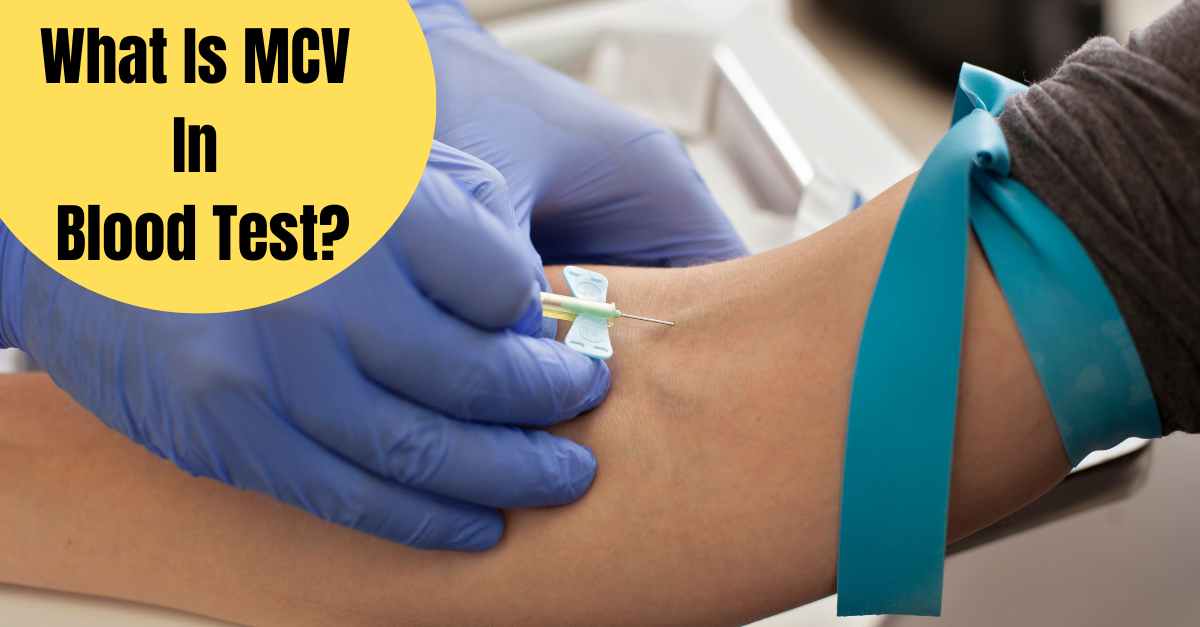
-
AMH Levels Unveiled: What is a Good AMH Level to Get Pregnant
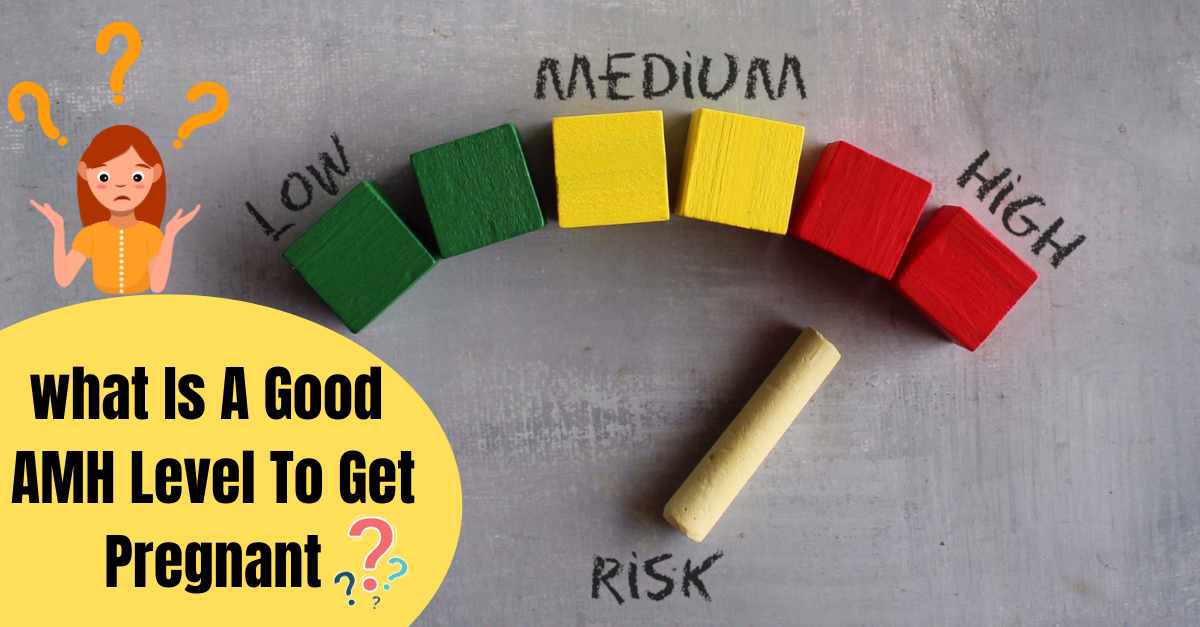
-
Weil Felix Test - Marvel Path Lab

-
Exploring Fructosamine Testing: Marvel Path lab

-
Exploring Malaria Causes, Symptoms, And Cutting-Edge Diagnosis Techniques

-
Unlocking the Secrets of Fertility: Understanding Semen Analysis

-
Hot Weather, Cool Tips: Mastering Summer Wellness Like a Pro!

-
Homocysteine Test in Hindi:होमोसिस्टीन टेस्ट क्या है, खर्च, नॉर्मल रेंज, कैसे क्यों और कब होता है!

-
Optimizing Your Health Through Food Intolerance Testing: A Step-by-Step Guide

-
Your Allergy Questions Answered: Causes, Symptoms, and Diagnosis

-
Boost Your Heart Health: Simple Ways to Manage Homocysteine Levels Through Diet

-
Understanding Normal Values in a Peripheral Smear Test

-
Understanding the Prolactin Blood Test: Purpose, Procedure, and Interpretation

-
CA सीए 125 टेस्ट - क्यों किया जाता है, इसकी आवश्यकता क्या है, और जानें इसके बारे में
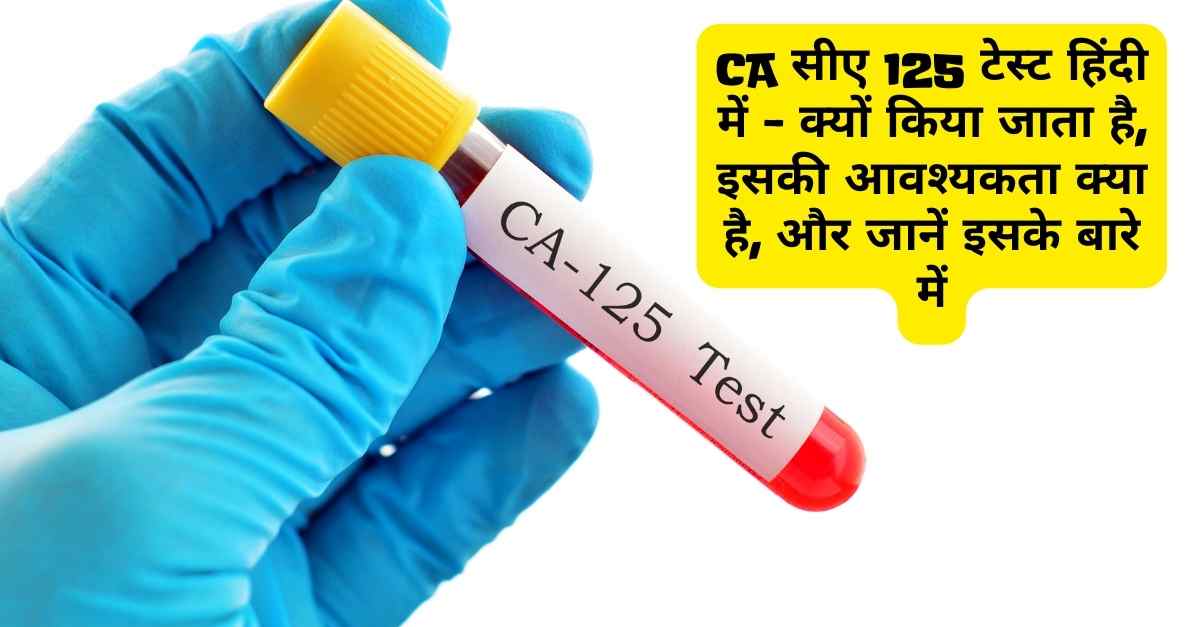
-
Understanding the Anti-Müllerian Hormone (AMH) Test: A Simple Guide
 Test.jpg)
-
The MPV Blood Test Explained: What It Reveals About Your Health

-
Understanding Pancreas Blood Tests

-
Understanding the CO2 Blood Test: A Simple Guide to Your Health

-
Albumin Blood Test

-
Everything You Need to Know About the Globulin Blood Test

-
Allergy Blood Test

-
Understanding Cardiac Blood Tests: A Guide to Heart Health

-
Decoding Your Chloride Blood Test: What You Need to Know

-
Calcium Blood Tests: A Vital Tool for Assessing Bone and Heart Health

-
The Silent Indicator: Understanding the Fecal Occult Blood Test (FOBT)
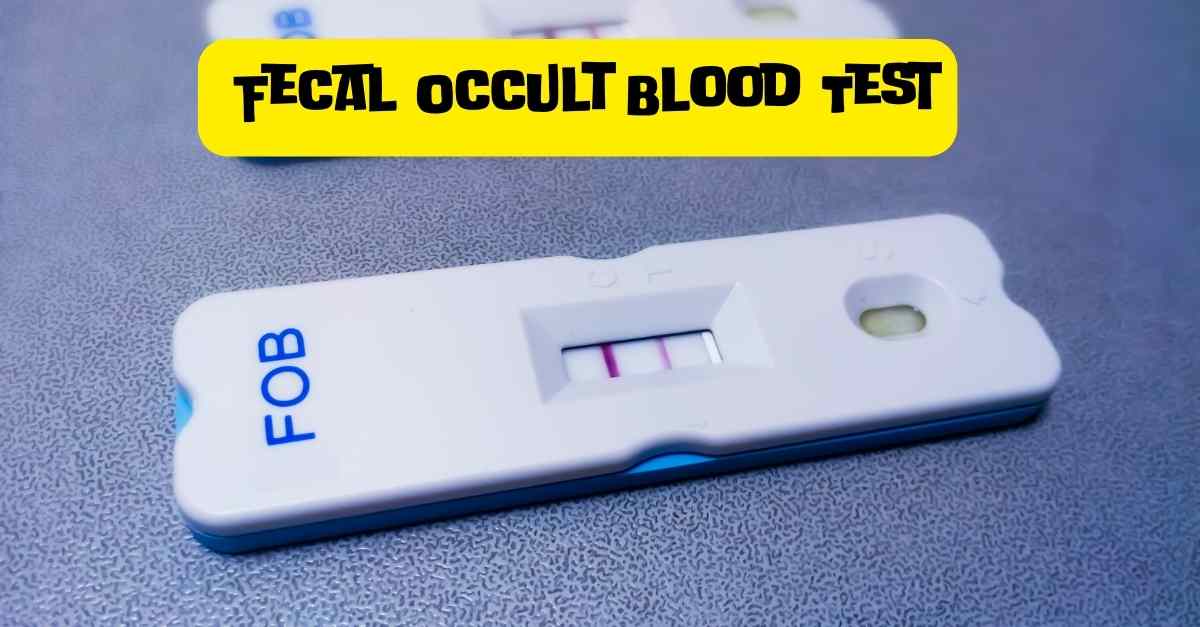
-
All About the C3 Complement Blood Test: Normal, High, and Low Ranges Explained

-
Simplifying the Anion Gap Blood Test: What You Need to Know

-
CA-125 Blood Test

-
Understanding Lung Cancer: Symptoms, Causes, and Prevention

-
Exploring the Long-Term Health Effects of Tobacco Use

-
Beating the Heat: Essential Tips for Staying Cool and Safe

-
Summer Health Tips: Stay Cool, Stay Healthy!

-
मंटौक्स परीक्षण (Mantoux test) के लिए व्यापक गाइड: प्रक्रिया, व्याख्या और महत्व

-
The Comprehensive Guide to ALT Blood Test

-
AST Blood Test: Your Guide to Liver Health Assessment

-
SGPT Blood Test

-
Serum Bilirubin Test in Hindi -सीरम बिलीरुबिन टेस्ट की पूरी जानकारी

-
Everything You Need to Know About the MCH Blood Test
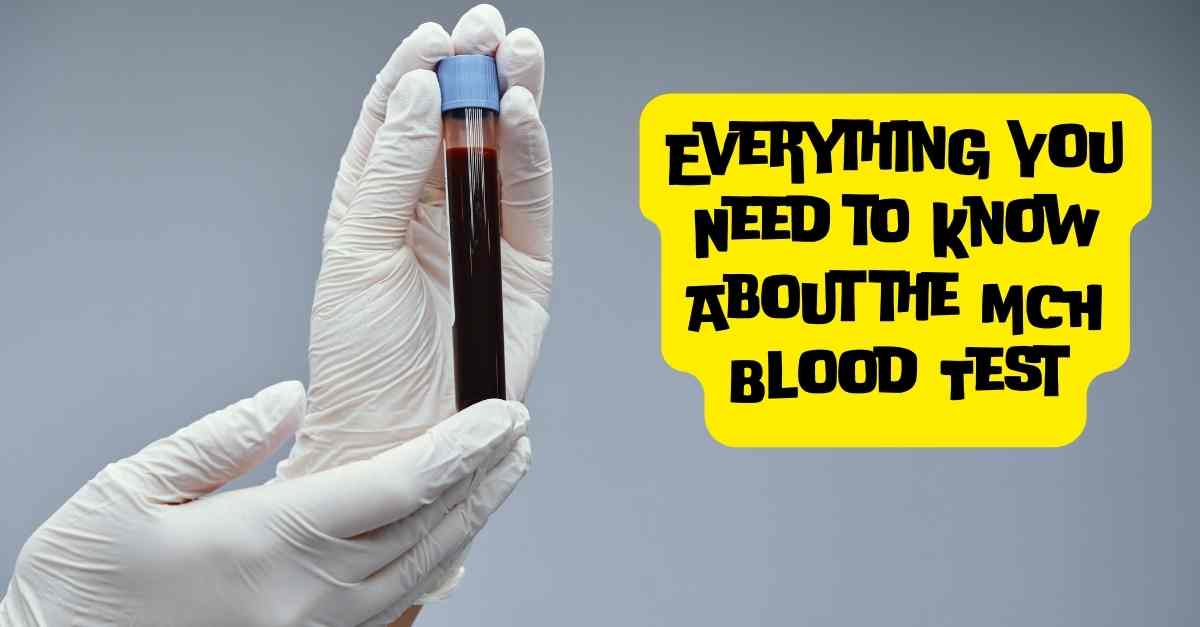
-
Best Home Remedies to Naturally Detox Liver

-
Unveiling the Side Effects of Excessive Vitamin B12 Intake

-
Best Foods for Kidney Detox Naturally Boost Your Renal Health

-
LKM Antibody Test: A Comprehensive Guide

-
लीवर फंक्शन टेस्ट: समझें, क्या होता है और कैसे काम करता है

-
Amylase Blood Tests

-
Vanillylmandelic Acid-VMA Urine Tests
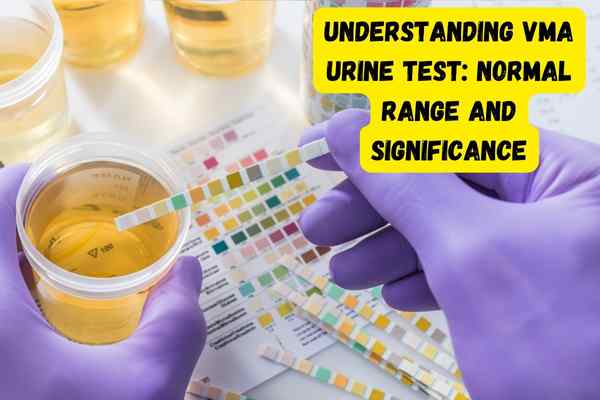
-
Everything You Need to Know About the CRP Test

-
Simple Strategies for a Healthy Liver: Your Ultimate Guide

-
Ferritin Test in Hindi (सीरम फेरिटिन टेस्ट)
.jpg)
-
Karyotyping Test Explained in Hindi: कैरियोटाइपिंग टेस्ट

-
All About PRL Blood Test and Its Impact on Prolactin Levels

-
Acid-Fast Bacillus (AFB) Tests Demystified
 Tests Demystified.jpg)
-
Acetaminophen Level Tests

-
Empowering Awareness: Your Guide to ADHD Screening

-
Adrenocorticotropic Hormone (ACTH) Test
 Test.jpg)
-
Are You Drinking Too Much The Essential Guide to Alcohol Use Screening Tests

-
Breaking: New Study Reveals Surprising Link Between Aldosterone Levels and Heart Health

-
High or Low What Your Alkaline Phosphatase Levels Mean for You

-
Attention: Must-Know Facts About Allergy Blood Testing

-
Allergy Skin Tests

-
The Role of the ANA Test in Diagnosing and Treating Autoimmune Conditions

-
The Acid Phosphatase Test: What You Need to Know About Sample Types and Report Timing

-
Albumin Fluid Test: Significance, Sample Types, and Report Timeline

-
Ammonia Blood Test: Sample Type, Report Generation Time, and Diagnostic Importance

-
Angiotensin Converting Enzyme (ACE): Its Role, Sample Types, and Report Generation Time
 Its Role, Sample Types, and Report Generation Time.jpg)
-
Bile Acid Total Blood Test: Sample Type and Report Generation Time Explained

-
Blood Urea Nitrogen (BUN) Levels Explained: Fast, Accurate Testing with Blood Samples at Marvel Path Lab
 Levels Explained Fast, Accurate Testing with Blood Samples at Marvel Path Lab.jpg)
-
Amniocentesis Fluid Test : the Procedure, Sample Type, and Report Results

-
The Hidden Dangers of Bird Flu: What You Need to Know About Avian Influenza

-
Zika Virus : ज़ीका वायरस के कारण , लक्षण और बचने के उपाय

-
तेजी से फ़ैल रहा है West Nile Virus जाने यह बीमारी क्या है और इससे कैसे करे अपना बचाव
 48 मामलो की हुई पुष्टि.jpg)





